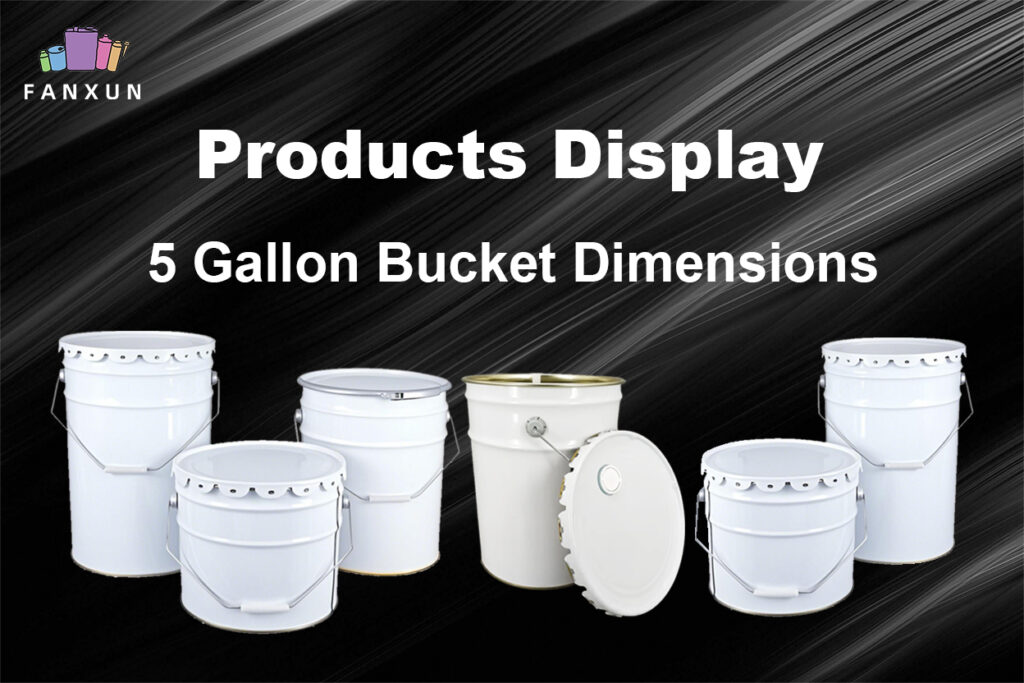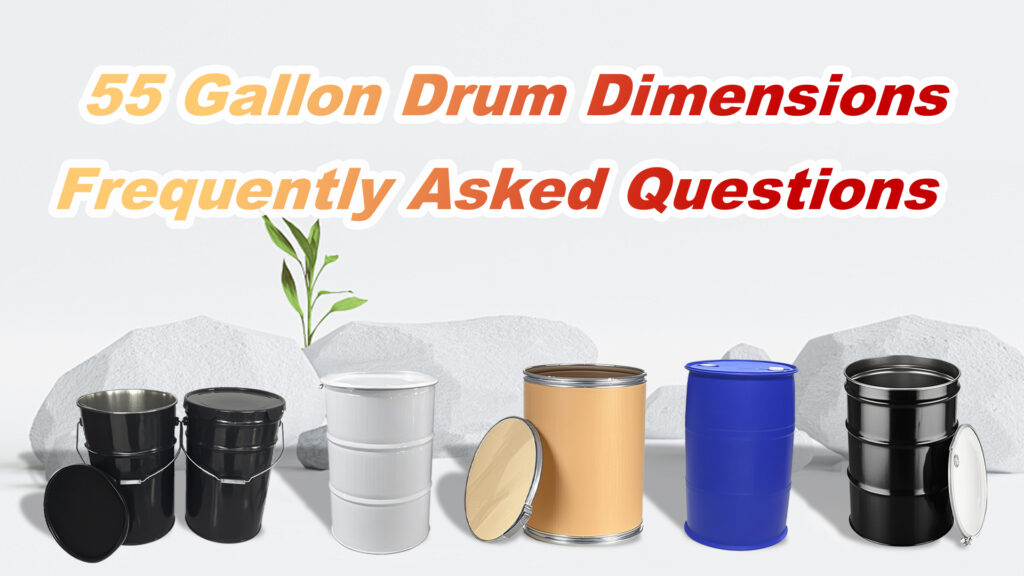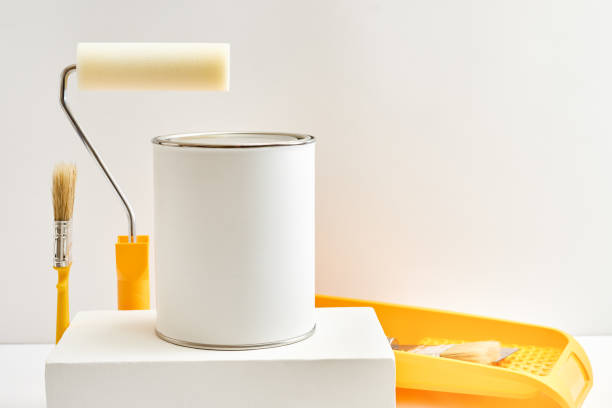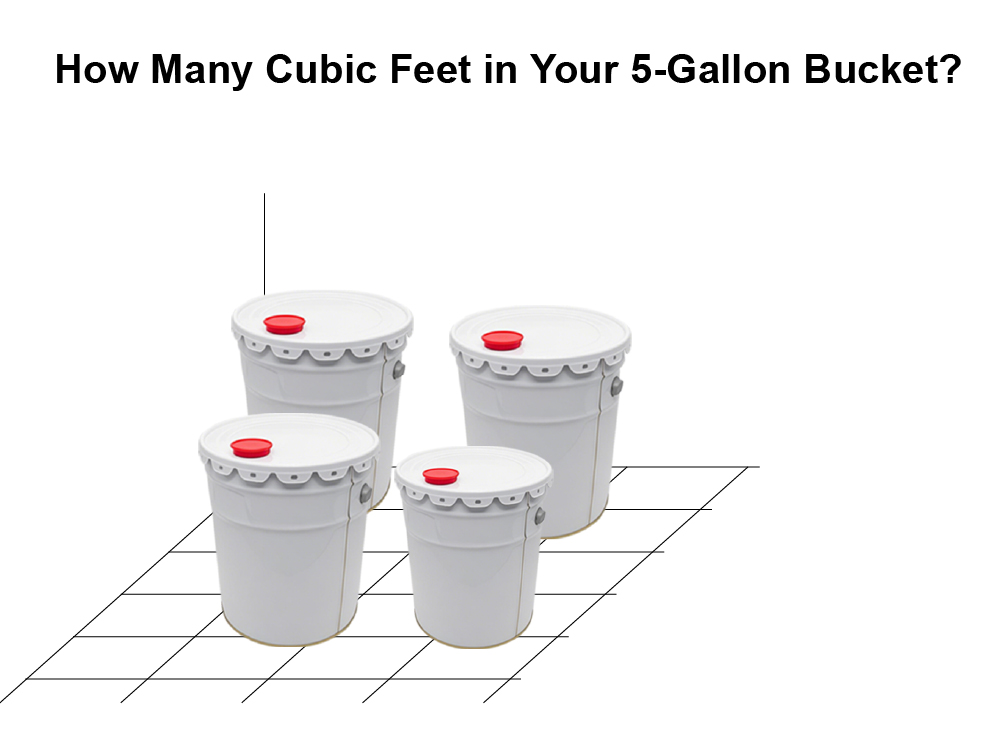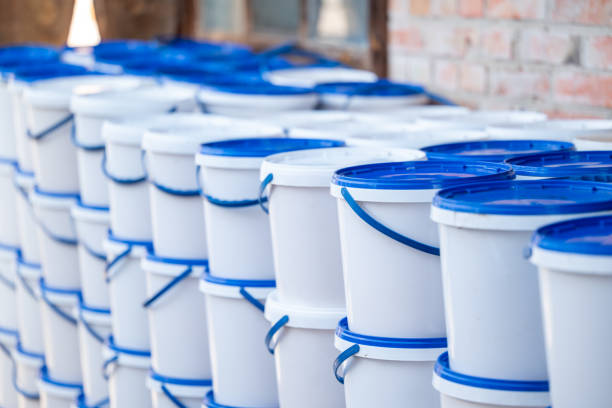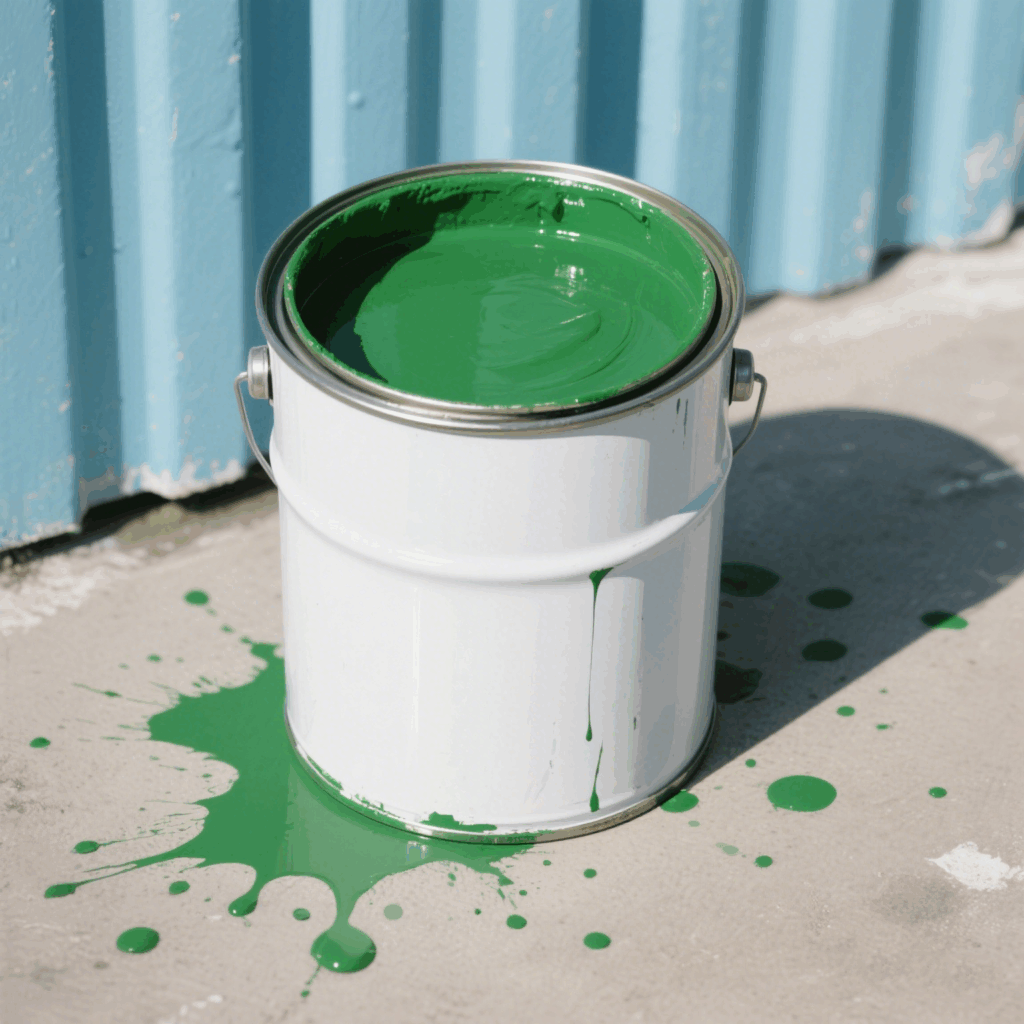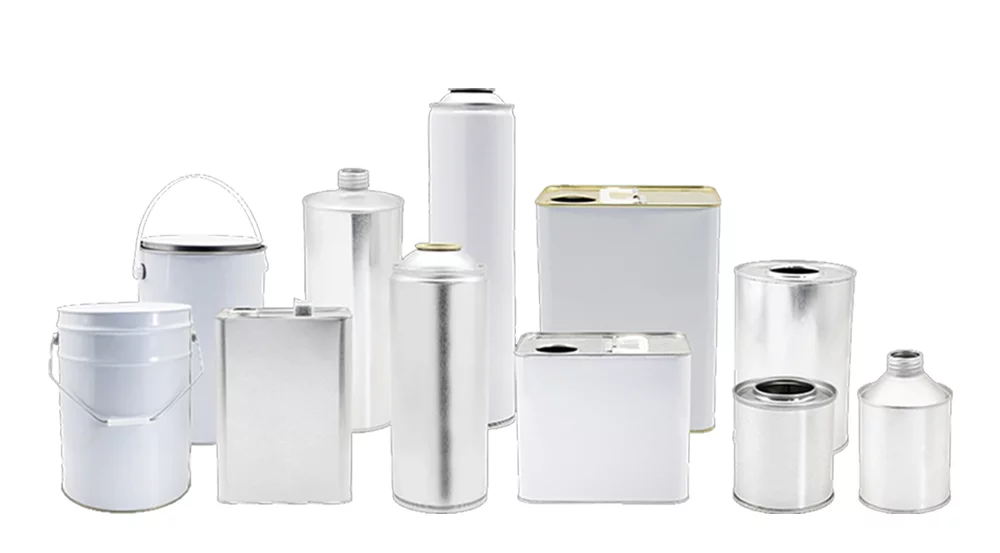As car owners, detailers, or automotive enthusiasts, we all share a common goal: keeping our vehicles looking and smelling clean, fresh, and new. Whether you’re dealing with the aftermath of a road trip, a season change, or just everyday grime, a high-quality car aerosol cleaner can be the game-changer in your detailing routine.
But what exactly makes aerosol cleaners different from traditional products? Are they safe for your family and pets? Do they expire? Which type is right for your car’s dashboard, engine, or glass?
I asked myself all these questions and spent years experimenting with various products.
The Origins of Aerosol Cleaners: A Brief History

The concept of aerosols dates back to 1926, when Norwegian engineer Erik Rotheim patented the first pressurized can and valve. However, it wasn’t until World War II that the U.S. military developed aerosol insecticides for soldiers—a true milestone in portable chemical delivery.
In the decades that followed, the aerosol format made its way into household products like deodorants, air fresheners, and eventually—automotive care. By the 1970s, manufacturers realized that aerosol sprays were an ideal way to clean hard-to-reach parts of a car with less mess, better control, and faster drying.
Today, we enjoy an immense variety of aerosol products specifically designed for detailing: foaming cleaners, degreasers, conditioners, and protectants—all in convenient pressurized cans.
Why Aerosol Cleaners Are a Must-Have for Car Owners
Speaking as someone who’s tried every type of car cleaner out there—from clay bars to liquid soaps—nothing beats the convenience and versatility of an aerosol cleaner. Here’s why:
1. Even Spray Dispersion
Aerosols use pressurized gas to deliver an even, consistent coating over surfaces. This helps avoid streaks and oversaturation.
2. Targeted Application
Need to clean a tight corner near your AC vent or a smudge on your dashboard screen? Aerosols are perfect for precision work.
3. Fast Drying
The propellants in aerosols typically accelerate drying, making it ideal for users who don’t want to wait hours between steps.
4. No Equipment Required
Unlike soaps and polishes that require buckets, brushes, and towels, most aerosol cleaners just need a wipe-down cloth.
Types of Car Aerosol Cleaners (With Examples)
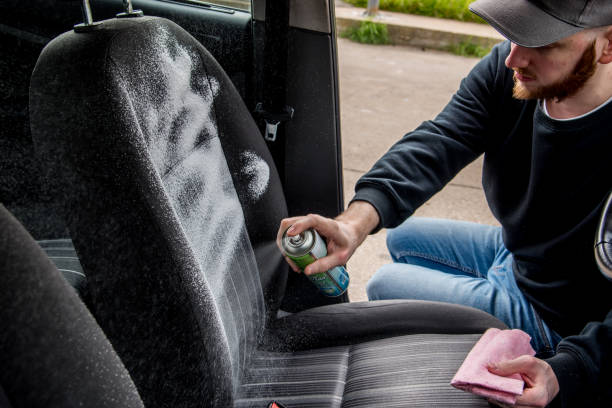
Here’s a full breakdown of the categories, plus when and why you’d use them:
1. Interior Cleaners
-
Upholstery Foam Sprays: Excellent for fabric seats, carpets, and mats. The foam lifts dirt and deodorizes.
-
Dashboard Wipes & Sprays: Often contain UV protectants to prevent cracking and fading.
-
Leather Cleaners: Clean and condition in one spray—some even add a matte or gloss finish.
Pro Tip: Look for interior aerosols with antibacterial properties to neutralize odors and germs.
2. Exterior Cleaners
-
Bug & Tar Removers: Perfect for post-road trip cleanup.
-
Wheel & Tire Foams: Dissolve brake dust and leave a black matte or gloss shine.
-
All-Purpose Degreasers: Tackle grime on bumpers, trims, and metal parts.
3. Glass Cleaners
-
Specifically formulated for clear, streak-free finishes. Ammonia-free versions are ideal for tinted windows.
4. Engine Bay Sprays
-
Use degreasers that break down oil and grease without corroding plastic or metal.
5. Odor Neutralizers (Interior Air Fresheners)
-
Some aerosol formulas double as cleaners and air fresheners—helpful if your car’s been closed up too long or smells musty.
How to Use Car Aerosol Cleaners: Step-by-Step Instructions
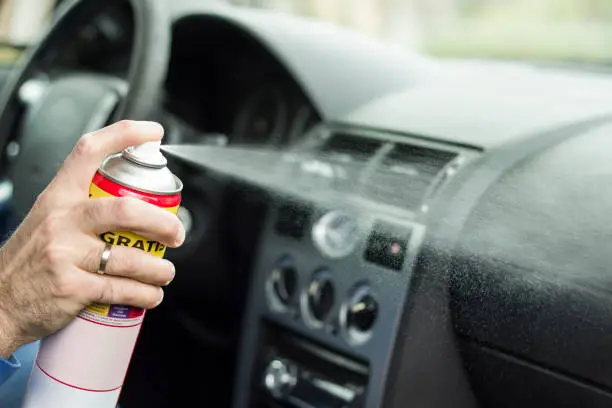
Aerosol sprays are only as good as their application. Here’s how to get professional results at home:
Step 1: Pre-Clean
-
Remove loose debris—leaves, dust, trash—from the area you plan to clean.
Step 2: Shake Well
-
This ensures the contents are evenly mixed, especially for foam-based or conditioning sprays.
Step 3: Test First
-
Spray a small amount on an inconspicuous area to check for discoloration or adverse reactions.
Step 4: Apply Evenly
-
Hold the can 6–10 inches away.
-
Spray in sweeping, overlapping motions. Avoid drenching the surface.
Step 5: Let It Sit
-
Wait 30–60 seconds, depending on the formula.
-
For foaming sprays, allow the foam to collapse—this pulls dirt to the surface.
Step 6: Wipe or Rinse
-
Use a microfiber cloth for interiors.
-
For engine or wheels, rinse with a hose if directed.
Bonus Tip: For deep cleaning, a soft detailing brush can help lift embedded dirt.
Are Car Aerosol Cleaners Safe?
As someone with pets and kids, I’ve looked long and hard at safety information. Here’s what I’ve learned:
-
Always Ventilate: Open car doors or windows when using interior sprays.
-
Avoid Flames: Aerosols are flammable. Never use near cigarettes, heaters, or hot engine parts.
-
Wear Gloves: Especially for engine degreasers or products labeled as heavy-duty.
-
Check Ingredients: Look for low-VOC or water-based formulas if you have allergies or sensitivities.
-
Dispose Responsibly: Never puncture or incinerate cans—even when empty.
Do Aerosol Cleaners Expire?
Yes—and using expired products can lead to poor performance or even damage.
Key Things to Watch For:
-
Loss of Pressure: The can sprays weakly or not at all.
-
Texture Change: Contents come out clumpy or separated.
-
Strange Smell: A sign the formula has degraded.
-
Can Rusting: Store in a dry place to avoid corrosion.
Shelf Life Tip: Most aerosol cleaners last 2–3 years. I now write the purchase date on each can with a permanent marker.
Key Factors to Consider When Choosing a Product
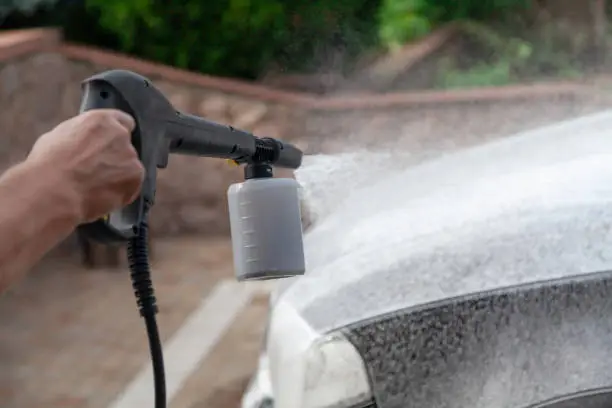
If you’re new to this or just overwhelmed by choices, here’s what to think about:
✔ Surface Compatibility
Make sure the product is safe for your car’s material: leather, vinyl, chrome, aluminum, paint, glass.
✔ Strength vs. Sensitivity
Don’t use heavy-duty degreasers on soft-touch plastics. Always match the cleaner strength to the task.
✔ Scent Profile
Some people prefer a “new car” smell. Others want fragrance-free for allergy reasons.
✔ Environmental Safety
Look for water-based, biodegradable formulas with recyclable packaging.
✔ Packaging Size
Consider how often you’ll use it. Larger cans are cost-effective; small cans are easier to store.
Frequently Asked Questions (FAQs)
Q: Can I use aerosol glass cleaner on touchscreens or infotainment displays?
A: No. Use a screen-safe wipe or spray. Aerosols may leave residue or damage sensitive electronics.
Q: Do aerosol engine degreasers harm sensors or wiring?
A: Quality products like those from FANXUN are safe for engine components—but cover delicate parts like MAF sensors if you’re unsure.
Q: Can I travel with aerosol cleaners in my car?
A: Yes, but avoid storing them in hot conditions. A 120°F interior can lead to canister expansion or leaks.
Q: How can I tell if a product is safe for leather?
A: Look for “leather-safe” or “pH-balanced for leather” on the label.
Q: What if I accidentally sprayed the wrong surface?
A: Wipe it off immediately with a damp cloth. If it dries, reapply the correct cleaner to break down the residue.
The FANXUN Advantage: Global-Scale Quality
In my journey exploring car aerosol cleaners, one manufacturer consistently stood out: FANXUN.
Here’s why:
-
Top-Tier R&D: Every product is engineered for effectiveness and user safety.
-
Customizable Options: FANXUN offers private-label and OEM services for global brands.
-
Variety of Packaging: From compact cans for retail to industrial bulk sprays.
-
Global Certification: Products comply with international safety and environmental standards.
-
Bulk Supply & Export Experience: Ideal for distributors and retailers seeking a long-term partner.
Whether you’re a car owner, garage professional, or brand owner—FANXUN can provide aerosol car cleaners in various specifications, formulas, and packaging tailored to your needs.
Final Thoughts
Aerosol car cleaners are no longer just an optional part of your detailing kit—they’re essential. When used correctly, they save time, effort, and deliver professional-grade results with little mess or equipment.
From my personal journey, I can confidently say that finding the right aerosol cleaner transforms how you care for your car. With all the options out there, having a reliable partner like FANXUN ensures you’re not only using the best—but buying from the best.















